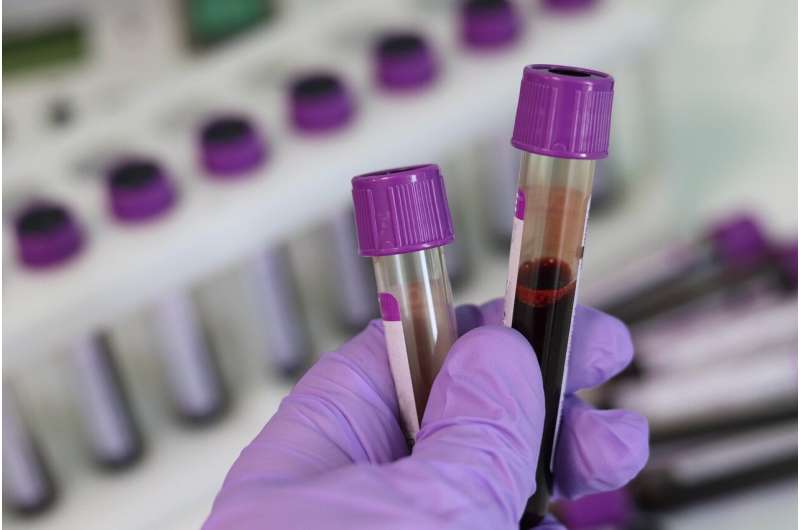Understanding the Impact of Severe Pregnancy Nausea: Emotional and Medical Challenges

A new Australian study reveals the serious physical and emotional effects of extreme pregnancy nausea, highlighting the need for better support and treatment options for women with hyperemesis gravidarum.
Recent research highlights the profound physical and emotional toll of extreme pregnancy-related nausea, known as hyperemesis gravidarum (HG). A comprehensive survey conducted in Australia, involving 289 women, reveals that over half of the women experiencing HG considered terminating their pregnancies, and nearly nine out of ten contemplated not having more children. The study emphasizes that HG is far more than common morning sickness; it is a serious condition that significantly affects women’s mental health, relationships, and life choices.
The research, published in PLOS One, also sheds light on the inconsistent effectiveness of current treatment options. Many women found medications such as ondansetron, doxylamine, and corticosteroids to be somewhat helpful but came with considerable side effects like constipation, sedation, and cognitive impairment. Others, like metoclopramide, were discontinued due to adverse reactions. Despite medication use, a large proportion of women still suffered severe symptoms, leading to disruptions in work, caregiving, and daily activities. Some women reported requesting early labor to escape the debilitating condition.
The study further indicates high levels of anxiety and depression, with approximately 62% of respondents experiencing these mood disorders often or always during pregnancy. This highlights the urgent need for improved, compassionate care for women with HG. Advocates argue that healthcare providers often dismiss the severity of HG, mistaking it for normal pregnancy discomfort, which can have devastating consequences.
Caitlin Kay-Smith, founder of Hyperemesis Australia and co-author of the study, calls for a shift towards personalized, evidence-based treatment strategies that recognize the full impact of HG on women’s lives. The research emphasizes the importance of investing in support services and further studies into the long-term effects of HG and its treatments. Ultimately, the message from affected women is clear: they must be heard, believed, and treated with dignity.
Source: https://medicalxpress.com/news/2025-09-extreme-pregnancy-nausea-reveals-emotional.html
Stay Updated with Mia's Feed
Get the latest health & wellness insights delivered straight to your inbox.
Related Articles
Early Detection of Alzheimer's Disease Using Brain and Blood Biomarkers in Middle Age
New research shows that Alzheimer's disease biomarkers can be detected in the brain and blood during middle age, paving the way for earlier diagnosis and intervention strategies. This breakthrough could transform how the disease is screened and managed in the future.
New Insights Reveal Greater Flexibility in HIV's Infection Pathways
New research reveals HIV's remarkable ability to hijack cellular transport mechanisms through multiple pathways, reshaping understanding of viral infection strategies.
Essential Water Safety Tips to Prevent Drowning Incidents
Learn essential water safety tips to prevent drowning in children and adults. Proper supervision, safety barriers, and swim education are vital for water accident prevention.
Innovative Therapy Achieves 82% Success Rate in Bladder Cancer Treatment
A novel drug delivery system, TAR-200, has achieved an 82% tumor elimination rate in patients with resistant high-risk bladder cancer, offering a promising non-invasive treatment option.



